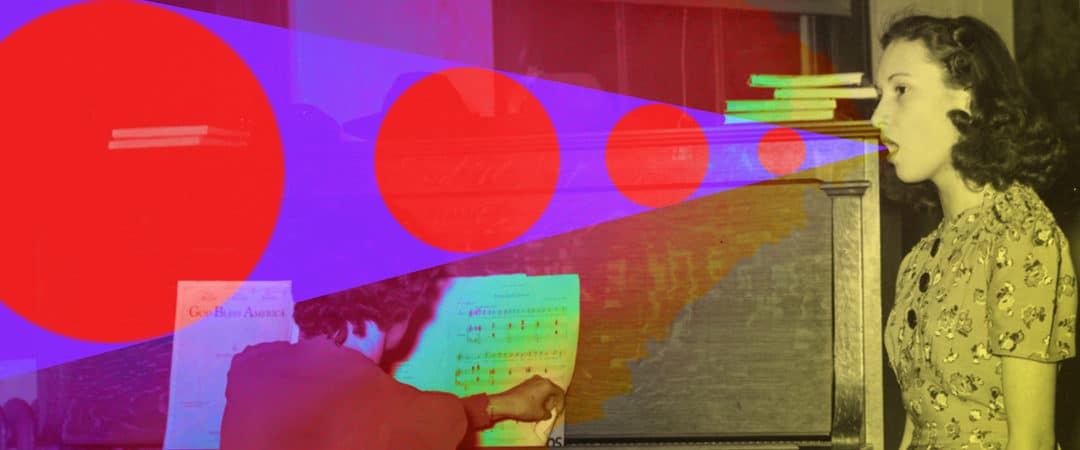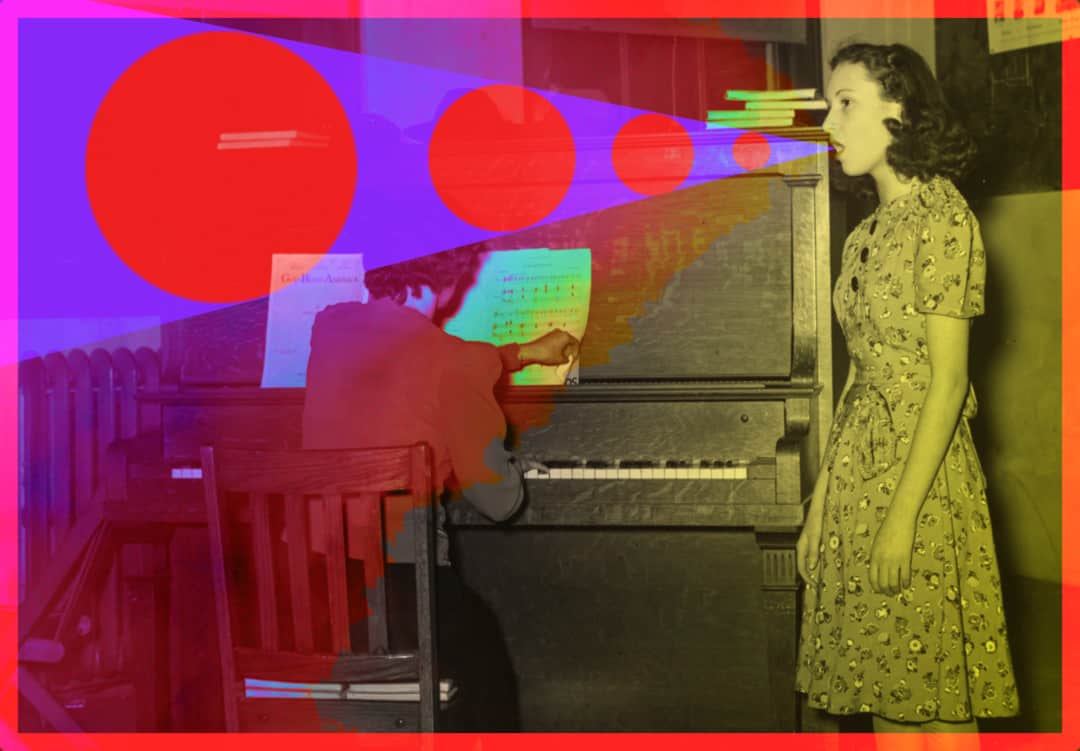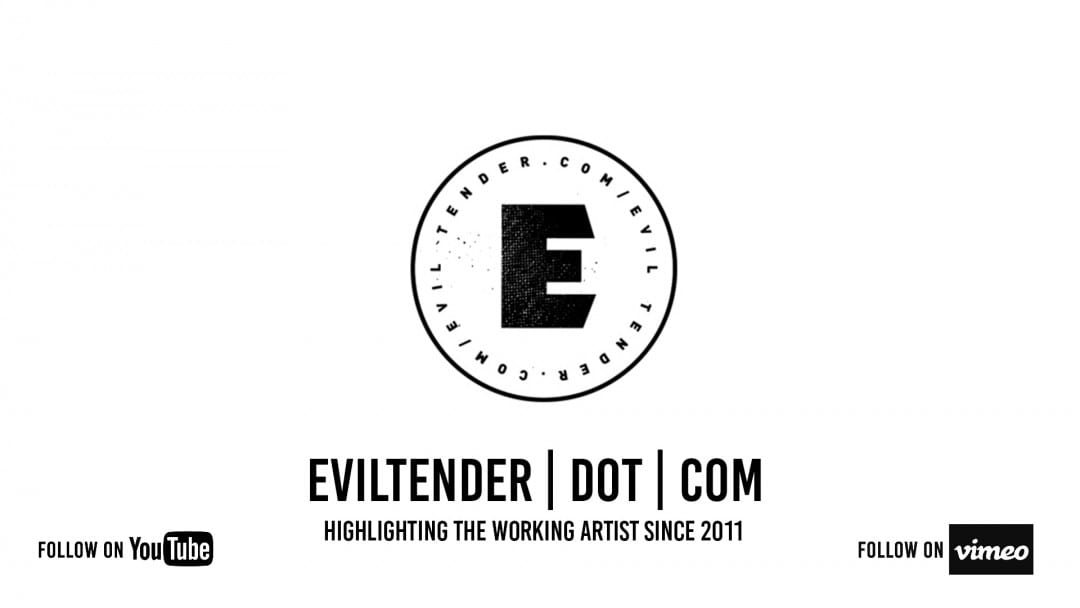
SHE said she could sing and I believed her. It was easier than having her demonstrate. It was always embarrassing to hear someone sing. Do that thing with their voice that was supposed to entertain and enthrall. Move internal.
From the back of the car she pounded her fists against my headrest, laughing, the sharp points of her heels digging into the vinyl that covered the driver’s seat.
“What do you want to hear? I’ll sing it. I’ll sing that song. Whatever it is.”
“You’re blurring my vision. I can’t see when you do that.”
“Focus, motherfucker.”
This was a friend of a friend. A lineage that wasn’t of any unique pedigree. It was similar to going to the racetrack and reading about the horses. That stream of information that linked foals and mares through distant familial blood. It was supposed to matter. This girl, this friend of a friend, found me through the string of strangers we had in common from years of office jobs in those cities we tried to call home. This was a favor outside of the safe loop of common faces. A simple drive to the airport because she didn’t have a car. She didn’t have anything. This girl slept on floors and couches of weekend lovers and seasonal friends.
“Why don’t you sit in the front seat?”
“My voice will sound better back here. It’s called reverb. It’s called keeping a spatial distance.”
“Is your brother picking you up?” I asked.
“I think so. I got to call him.”
“You want to call him now? To make sure?”
“Why are you so worried?”
“I’m not. Just thought I’d ask.”
“He knows I’m flying in today. I can’t say we really ironed out the details. He’s my brother. He’ll feel me. Mentally I mean. We don’t read minds or anything, we just drop each other clues and then our minds do the work to put the pieces together.”
“What does your brother do?”
“He’s a courier. He drives around dropping off blue prints and legal forms for a group of contractors and architects. He’s connected. His natural instinct is to link divided peoples. His truest quality carried over into his job. He’s not separated into halves, day and night, work and play. It all comes from and into the same place. I like that idea.”

‘What We Call Our Own’ illustration by Chris Jalufka
I could feel her fists massaging up and down the back of my seat, pushing into the material as far as she could, forcing the springs slowly into my back.
“What do you do?”
“I sing.”
“Professionally?”
“Of course. If I didn’t then it wouldn’t be what I do.”
She rolled down the window and with her face in the wind, she began to sing. Inside that steady pulse of accelerated breeze her voice was silenced, a distant muffled shout inches from my ear. Her face rippled against the wind. Distorted. Mouth agape bellowing into the tuneless hum of freeway static.
She was a pretty girl. If she wasn’t she’d be taking the bus. There is a need for that classic role of the man that fawns over a beautiful face, falling secretly in love with a girl he will never have. I was doing my part. At a distance she made a decent object for affection, at least for a while. She was here to act as an event that could be used in case I felt something for someone in the future and needed a point of reference. I could always tell myself, “Remember driving that girl to the airport? See? You have made attempts to be close to someone.”
